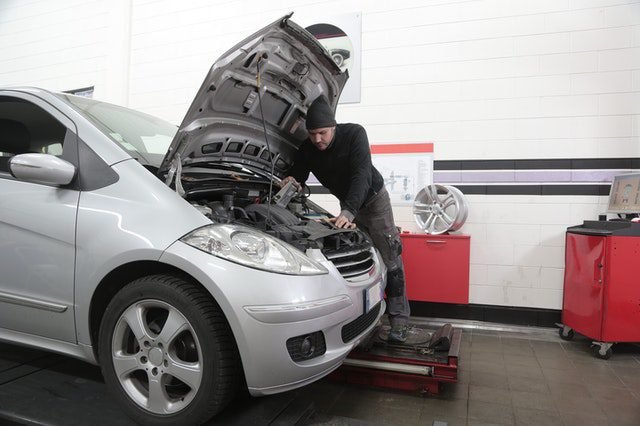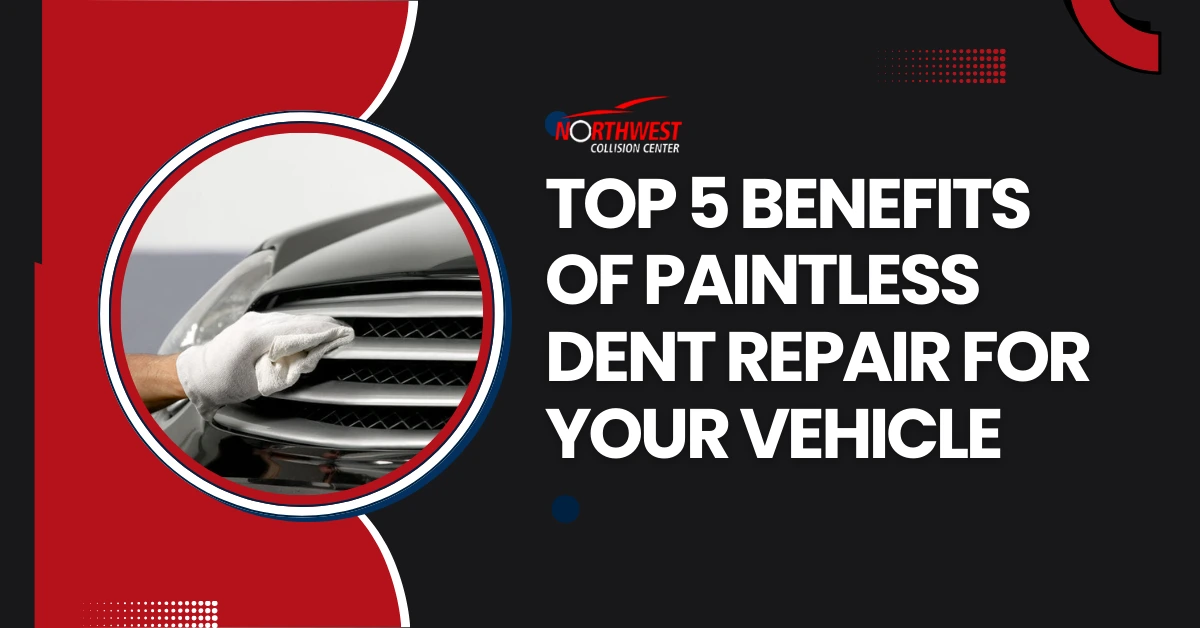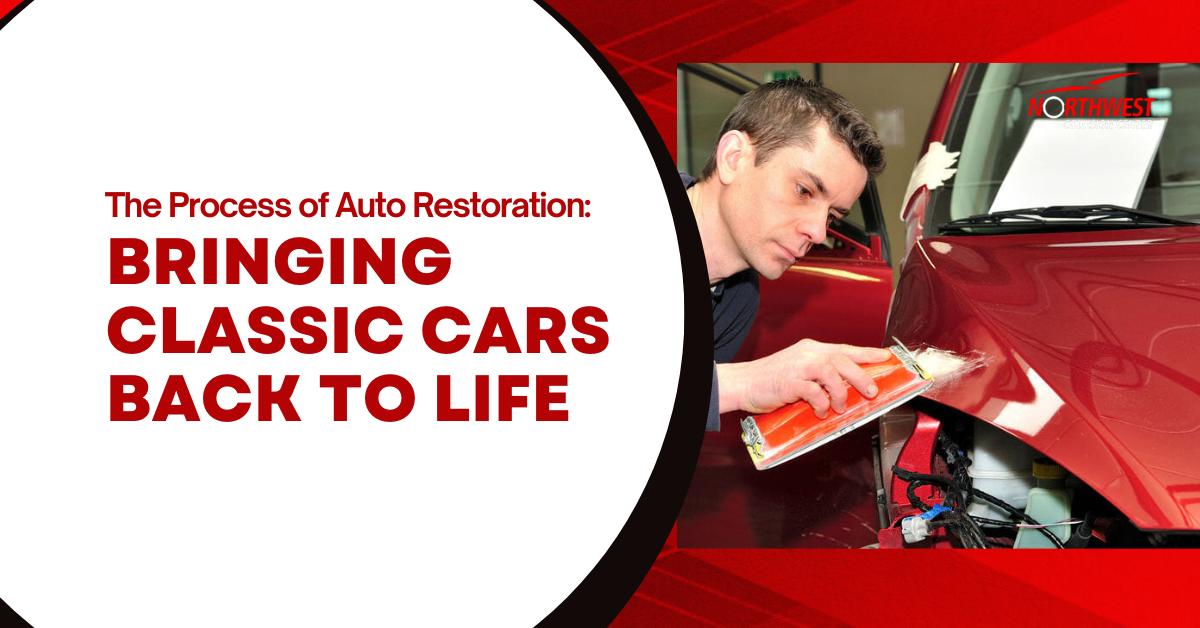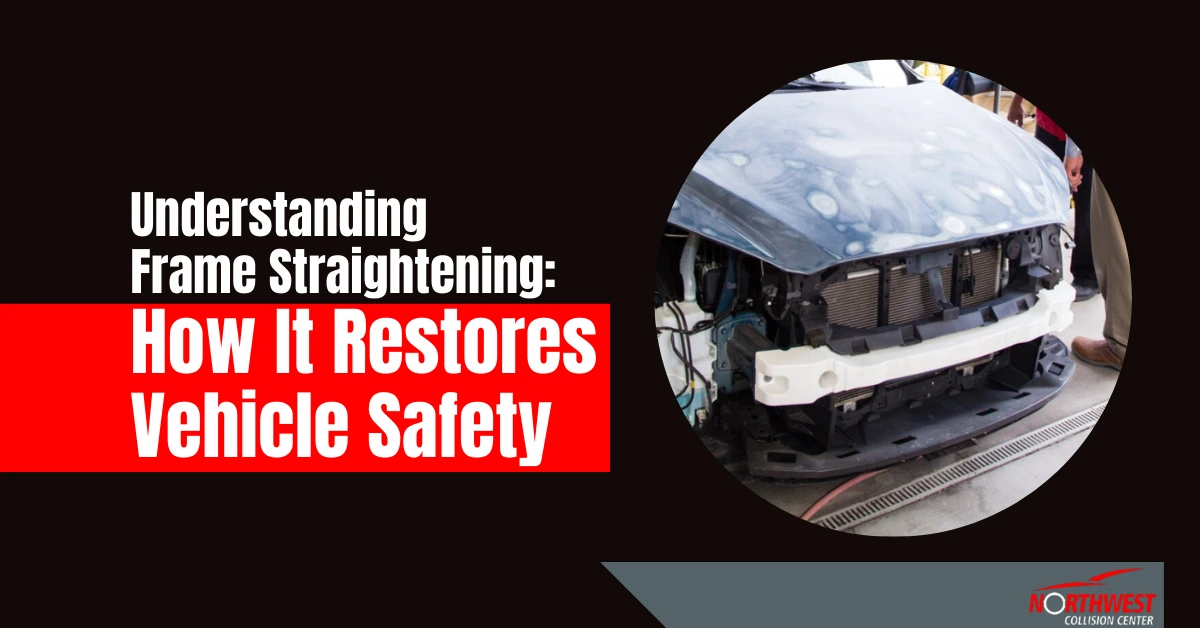As you age, you start to notice more problems with your body. From acid reflux and joint pain to wrinkles and loss of muscle mass, aging can be tough on the physique. The same goes with cars. The older your car is, the more you need to worry about certain problems occurring. Suspension, brakes, and power equipment have proven to be the most likely components of a car to need replacement and repair after 9 years, so brace yourself!
Suspension
Suspension maximizes friction between the tires and the road surface so that your car glides along and remains within your steering control. This part of your car’s inner workings is critical because suspension absorbs excess energy from road bumps, minimizes the transfer of your vehicle’s weight, and helps you take sharp corners without rolling. If you sense your car feeling every single bump, pulling to one side, and giving you a difficult time steering, you may have suspension problems forming. It’s always best to call a mechanic before you end up stranded on the side of the road or involved in a major accident.
Power Equipment
As cars become more sophisticated, they also become more reliant on power equipment. From your GPS and keyless entry to tire pressure monitor, it’s all too likely that one or more components of your car will start to malfunction with time. It’s difficult to predict but easy enough to fix once the error becomes clear.
Brakes
It goes without saying that brakes help your car stop at every red light and stop sign, so it’s critically important to stay in tune with the signs that might be warning you of brake troubles. Brakes, especially when used heavily in city and rush hour traffic, wear down and eventually cause more serious problems if not replaced quickly. Brake issues make themselves known in screeching, grinding, and squealing sounds, vibrations and pulsations in the pedal and steering wheel, and sometimes a pungent burning smell. Never ignore these signs!










